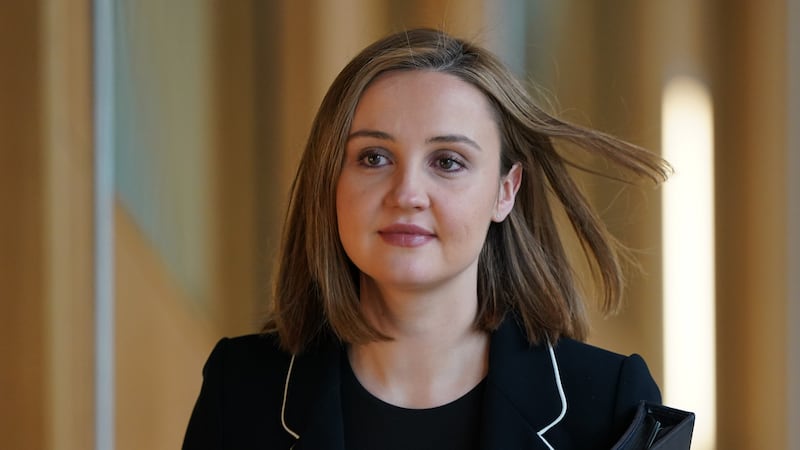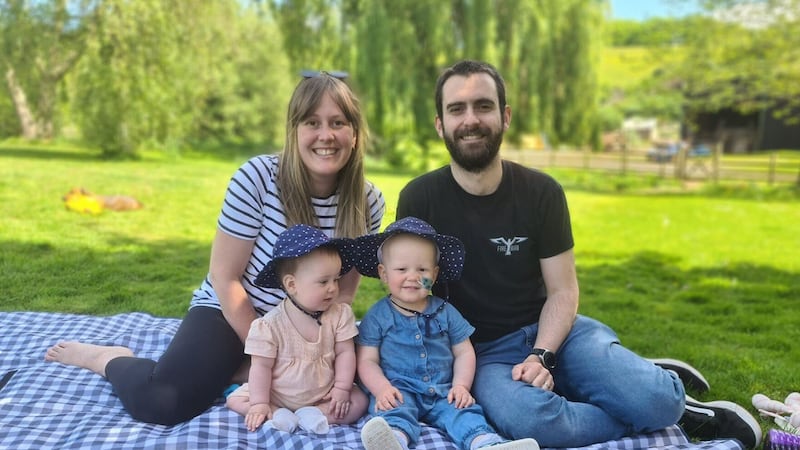People at higher risk of developing pancreatic cancer could be identified earlier using machine learning techniques that would result in more patients surviving the disease, a new study suggests.
Researchers used UK electronic health records for more than 1,000 patients aged 15-99 years who were diagnosed with pancreatic cancer between January 2005 and June 2009.
They looked at numerous symptoms and health statuses recorded by a GP among patients up to two years before the cancer diagnosis.
Using this, the scientists developed an algorithm that learnt how to distinguish between patients who went on to develop pancreatic cancer, and those who did not.
Based only in GP records the algorithm identified those at high risk of developing pancreatic cancer, the study found.
Using this technique, 41% of patients under the age of 60 were identified as high risk, up to 20 months prior to diagnosis.
More than 72% of people who went on to be diagnosed would have been successfully identified as high risk (sensitivity), while 59% of people who did not develop cancer were correctly identified as low risk (specificity).
Researchers say the results were similar for patients over 60, with 43% identified at 17 months, with 65% sensitivity and 57% specificity.
The team estimates that combining their algorithm with simple blood and urine tests which could potentially detect pancreatic cancer, currently under investigation, could result in 30 older and 400 younger patients per cancer being identified as potential patients.
This could lead to the earlier diagnosis of around 60% of all pancreatic cancer tumours, the researchers suggest.
Dr Ananya Malhotra, co-lead author from the London School of Hygiene & Tropical Medicine, said: “Each year, 460,000 people worldwide are diagnosed with pancreatic cancer, and only around 5% of those diagnosed survive for five years or more.
“This low survival is because patients are usually diagnosed very late.
“Recent progress has been made in identifying biomarkers in the blood and urine, but these tests cannot be used for population screening as they would be very expensive and potentially harmful due to the psychological distress of excess testing.
“Although preliminary, this study offers some hope for a new early diagnosis for pancreatic cancer which until now remains elusive.”
The authors acknowledge that further work is required to confirm, refine and evaluate the potential use of their findings in practice.
The case-control study used anonymised electronic health records from primary care linked to cancer registrations.
Cases comprised 1,139 patients, aged 15-99 years, diagnosed with pancreatic cancer between January 2005 and June 2009.
Each case was age, sex and diagnosis time-matched to four non-pancreatic (cancer patient) controls.
Disease and prescription codes for the 24 months prior to diagnosis were used to identify 57 individual symptoms, with models then trained to predict patients who later developed pancreatic cancer.
Researchers say the algorithm’s greatest potential is within a multiple-testing model where pancreatic cancer is one of several malignancies of interest.
Dr Laura Woods, study senior author from the London School of Hygiene & Tropical Medicine, said: “Using machine learning techniques we developed a risk score for pancreatic cancer diagnosis in order to identify patients for whom biomarkers might detect the disease at an early and treatable stage.
“After further work this approach could be applied in the primary care setting and has the potential to be used alongside a non-invasive biomarker test to increase earlier diagnosis.
“This would result in a greater number of patients surviving this devastating disease.”
The study, published in the Plos One journal, was led by the London School of Hygiene & Tropical Medicine (LSHTM) and funded by the UK charity Pancreatic Cancer Research Fund (PCRF).








